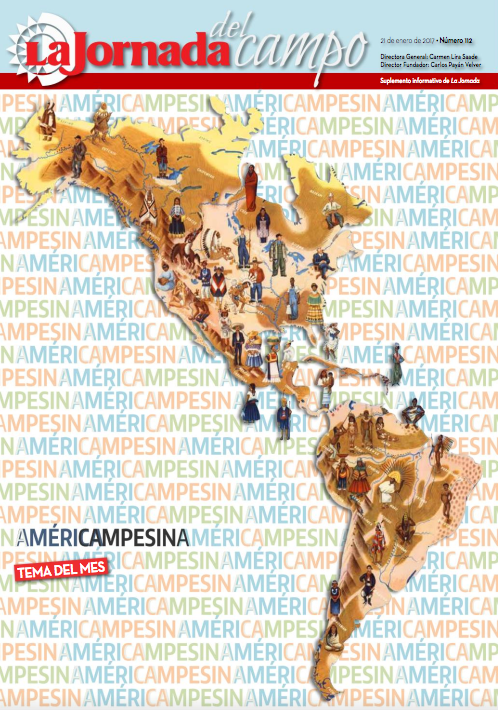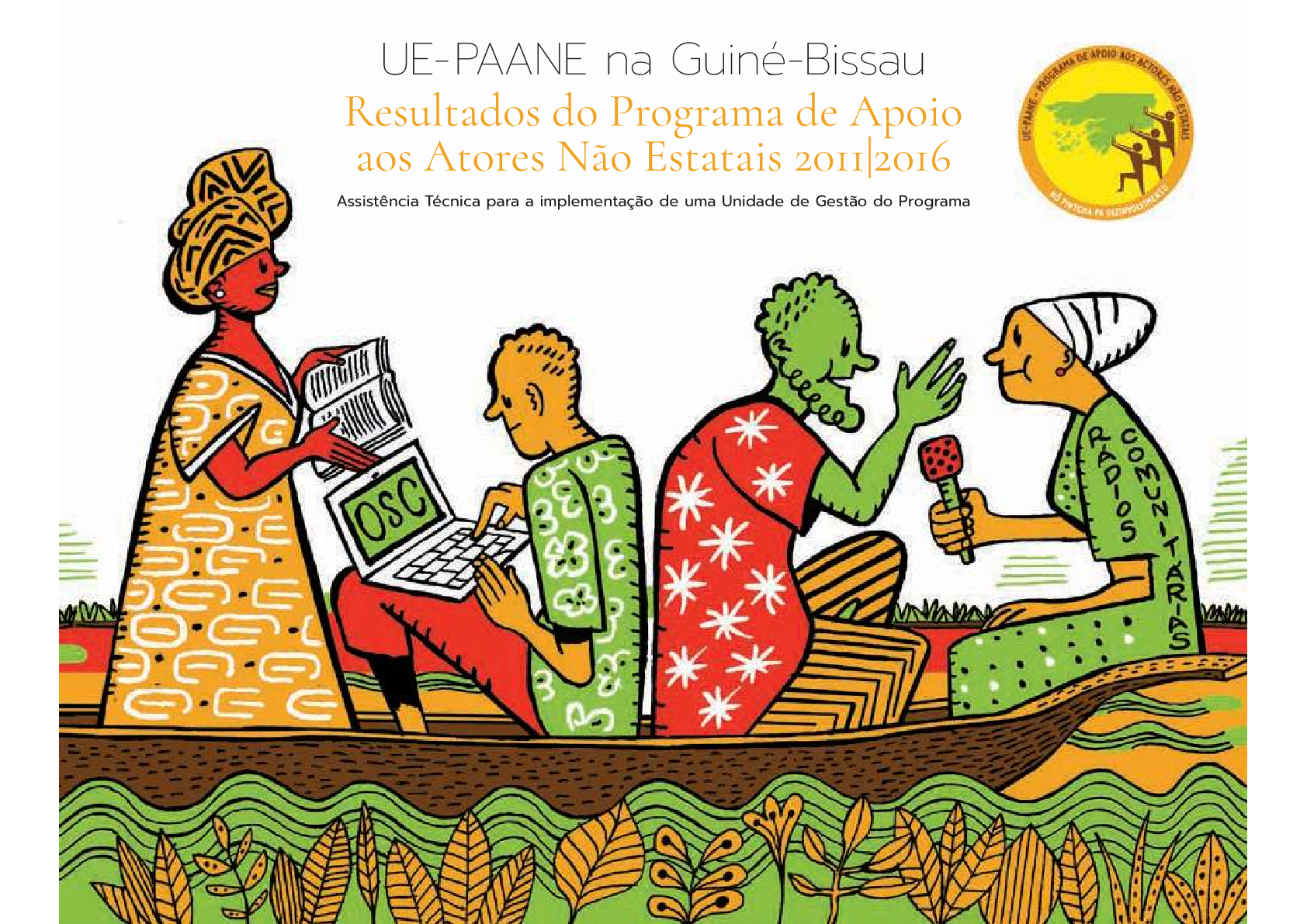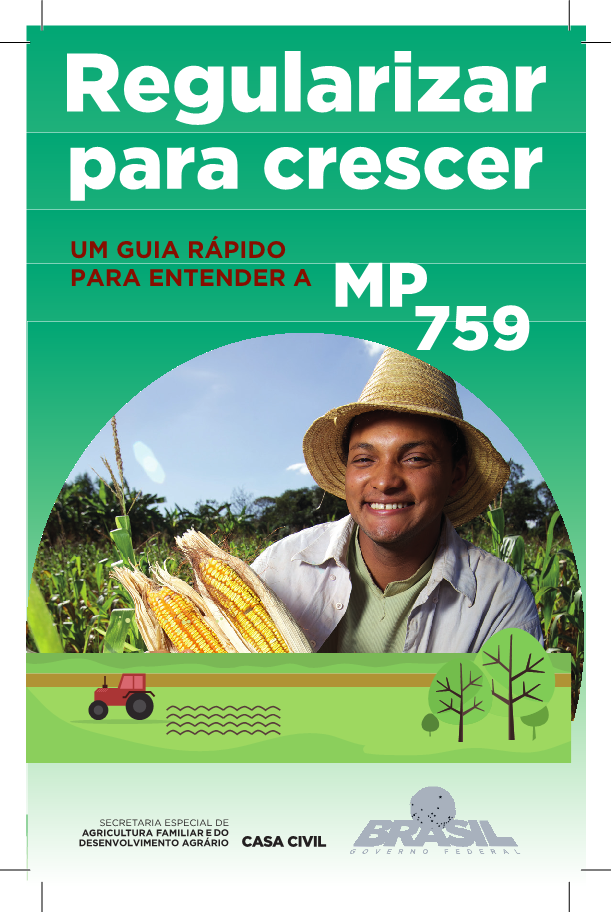Plano Nacional de Segurança Alimentar e Nutricional
O II Plano Nacional de Segurança Alimentar e Nutricional 2016-2019 é constituído pelo conjunto de ações do governo federal que buscam garantir a segurança alimentar e nutricional e o direito humano à alimentação adequada à população brasileira.









